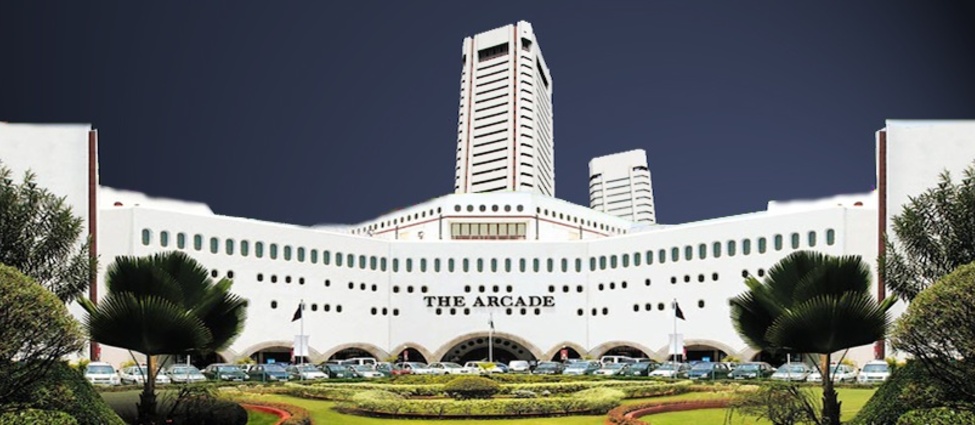


Virtual Stakeholder Consultation in Automobiles
Indian Council for Research on International Economic Relations (ICRIER), in association with World Trade Center (WTC) Mumbai, is organising Virtual Stakeholder Consultation Meetings on ‘Analysing Tariff Sensitivities of India for the UK-India Comprehensive Trade Agreement’ from 7th – 28th January 2022 from 3.00 pm – 5.00 pm. These meetings are aimed at understanding the concerns of domestic stakeholders and examine the scope for tariff rationalisation.
India and the United Kingdom (UK) are important trade partners and have recently announced talks for an Enhanced Trade Deal, which aims to double trade between them by 2030. While India is UK’s sixth largest non-EU trading partner, the UK is not among the top trading partners for India. Specifically, the consultations would be aimed at understanding the:
- Products where India is willing to offer zero tariffs/has offered zero tariffs in other trade agreements.
- Sensitivities of Indian industry, reasons (economic, cultural, social, political) and explore where the UK government can support India with adjustment costs through joint capacity building programmes. We need to prioritize the areas and programme for the trade agreement.
- Inverted duty structure imposed by India that is preventing “Make in India”, “Atmanirbhar Bharat” and adversely impacting India’s integration in global value chain.
- Products where the UK has strength/does not compete with Indian producers and there is scope for mutually beneficial partnerships.
- Examine state-level issues faced by the industry in specific sectors.
- Ask Indian industry about the issues that they may be facing in the UK, which may have led them to lobby for market restriction for the UK companies.
- Views of importers, exporters and domestic industry on non-tariff measures, regulatory measures, GI, government procurement issues, etc. Tariff or non-tariff barriers may have been imposed as retaliation for some barriers faced by Indian exporters in the UK. These need to be identified.